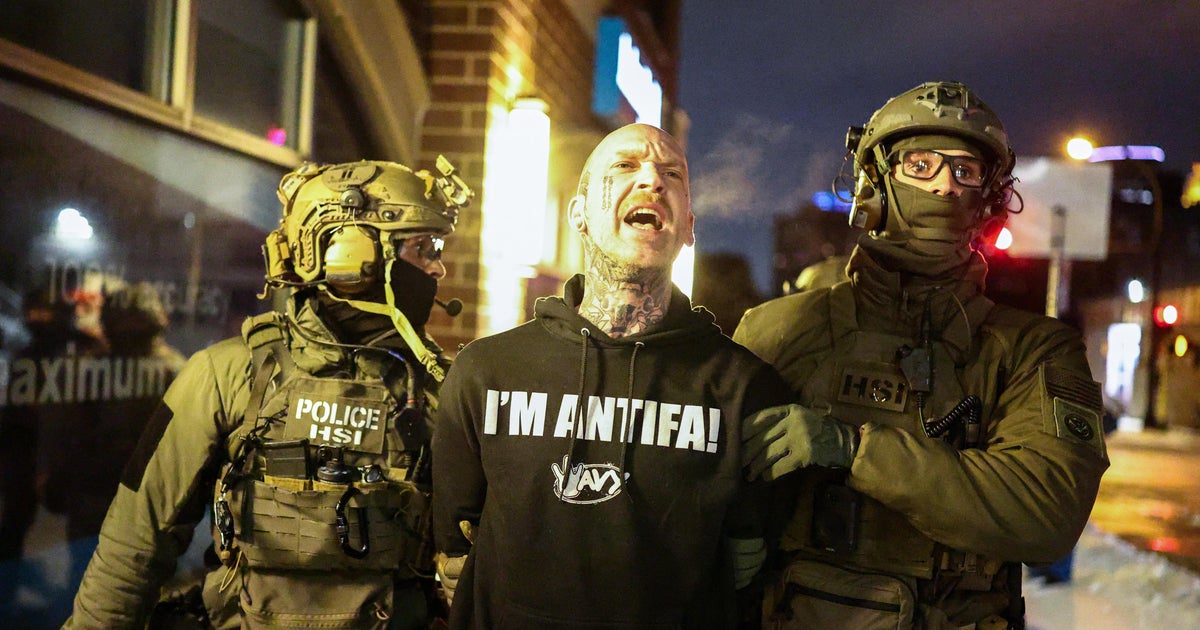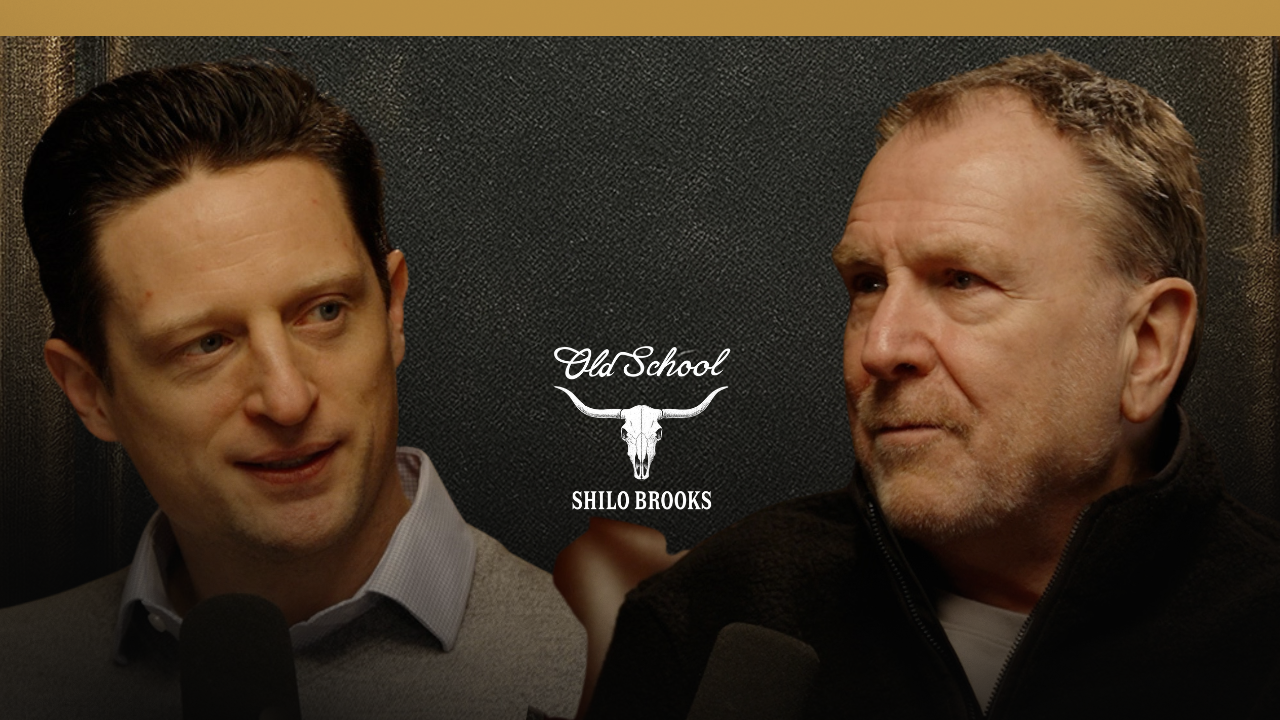Is Starbucks losing its mojo?
After Howard Schultz purchased Starbucks in 1987, he wowed coffee fans with his concept for hand-crafted lattes and impressed investors with the chain's fast growth. But the novelty of the Seattle-based company appears to have worn off.
Same-store sales, a key retail metric measuring the performance locations opened at least a year, rose 2 percent in the most recent quarter, a far cry from the 7 percent growth recorded as recently as 2015. Competition from rivals such as Dunkin' Donuts and McDonald's McCafe is siphoning off business from the chain.
Given its slowing growth, it may be no surprise that Starbucks has also lost its luster on Wall Street. Shares of the coffee chain have barely budged this year. As a result, some who closely follow Starbucks argue it might make a tempting target for an activist investor.
"Certainly if we don't see improvement in the U.S. numbers over the next couple of quarters, I think that's a reasonable possibility," said R.J. Hottovy, an analyst with Morningstar, who expects the coffee chain to close a few hundred locations in the U.S. over the next 18 to 24 months "The leash on (CEO) Kevin Johnson is getting shorter by the day."
Starbucks didn't respond to a request for comment.
Now executive chairman, Schultz owns about 3 percent of Starbucks' common shares, which isn't a big enough stake to thwart activist investors who target companies they believe are underperforming. And when it comes to Starbucks, there is plenty for an activist not to like.
Starbucks' sales are especially weak during the afternoon hours, even though coffee consumption during that time period is on the rise, according to Bernstein analyst Sara Senatore. In a recent presentation to clients, Senatore noted that growth in the company's My Starbucks Rewards Program and gift card purchases have slowed. Profits for newly opened locations have also fallen.
According to a report in the financial site Activistmonitor, the U.S. coffee market is saturated, which means new Starbucks locations are stealing customers from existing locations.
The activist playbook
Activist investors would likely pressure Starbucks to return additional capital to shareholders in the form of stock buybacks. They might also demand Starbucks add new board members, as the company's current board members have an average tenure of 10 years.
Activist investors have targeted the Seattle-based company before. Billionaire Nelson Peltz's Trian Funds took a position in Starbucks in 2008 and sold it later that year. At the time, Schultz had returned as CEO after the chain fell on hard times. Schultz ended his second tenure as CEO last year, when Johnson took over the job. Trian, which has battled Wendy's, Mondelez and Kraft Foods, didn't respond to a request for comment.
Investors, meanwhile, will be keeping close watch on the company's results in the current quarter.
The company, which is increasingly relying on gimmicky drinks like the Unicorn Frappuccino and the Crystal Ball Frappuccino to drive traffic, recently struck a $7 billion deal with Nestle for the rights to sell its packaged beans and coffee pods.
The 64-year-old Schultz is focusing his attention on developing the company's high-end concept Roastery and Reserve stores, which the company hopes will help it compete with independent coffee shops and smaller chains.
Starbucks' brand image took a hit with the public uproar over two African-American men who were arrested at a Philadelphia Starbucks after a manager called police because they didn't buy anything while they waited for a business associate. Schultz is spearheading the public response, vowing to transform the way it does business.
The media firestorm over the incident underscores a bigger challenge facing Starbucks: how to satisfy customers who view the chain as a "third place" to spend time outside of home and work, as well as people interested in only buying a cup of coffee.
"Trying to satisfy those two audiences at the same time is difficult," Hottovy said.



